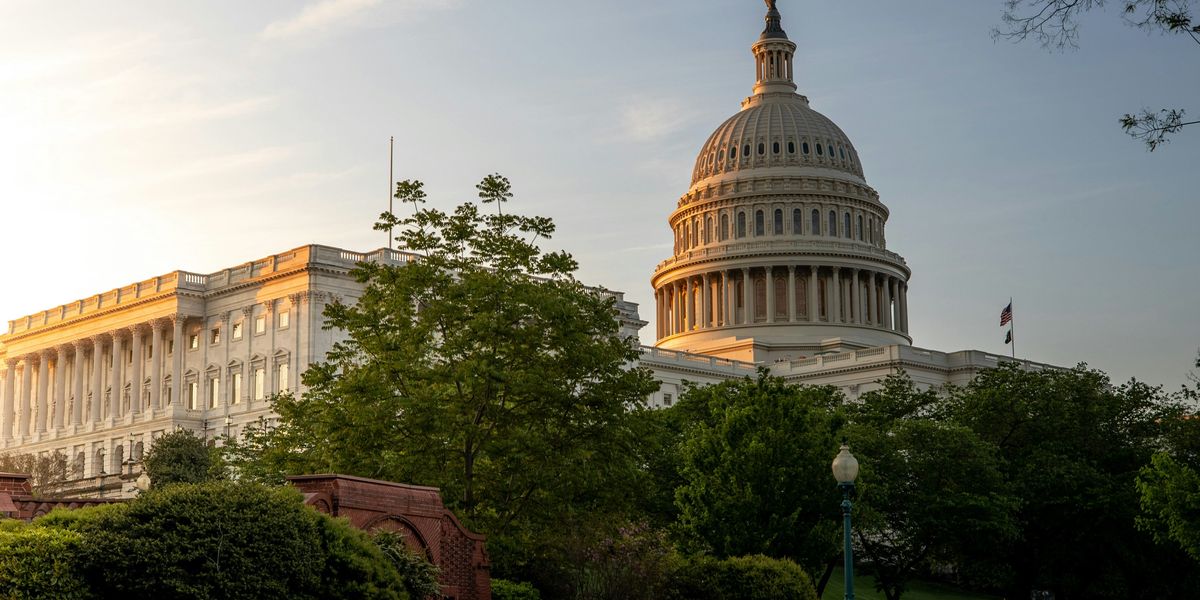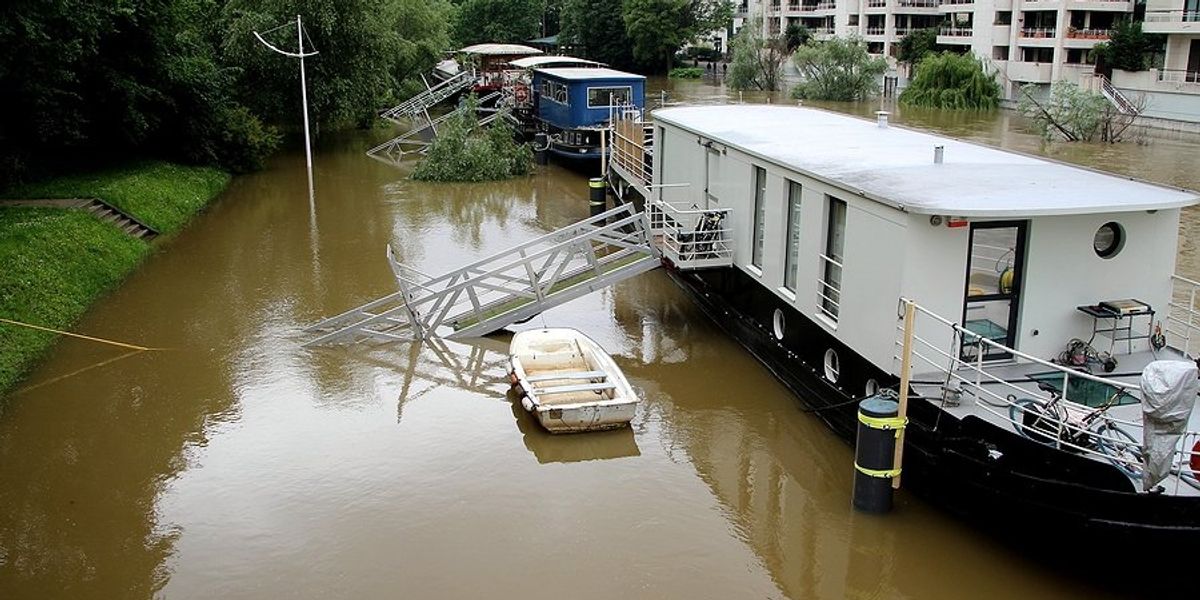
Alexandria's fishing families stay put as seas rise around them
As rising sea levels and coastal erosion threaten the Egyptian city of Alexandria, many residents of the fishing village El Max refuse to leave, rooted by livelihoods and deep emotional ties to the sea.
Alexander Durie and Heba Khamis report for The Guardian.
In short:
- Despite warnings from scientists and visible environmental changes, most El Max residents say they don’t believe the sea will displace them and have no plans to relocate.
- The city faces multiple risks beyond sea-level rise, including subsidence, erosion, water pollution, and earthquake vulnerability.
- While officials install barriers and plan for long-term adaptation, local attachment to land and skepticism about forecasts complicate efforts to move people to safety.
Key quote:
“They want us to leave here, but I don’t know where to go … This sea is my soul, and I cannot live without it.”
— Umm Amr, kiosk owner in El Max
Why this matters:
Once a gleaming jewel of the Mediterranean, Egypt’s Alexandria now finds itself caught in a slow-motion crisis—where climate change meets centuries of human history. Built on soft, shifting sediments and surrounded by a rising sea, the city’s foundations are eroding. Scientists have warned for years that much of Alexandria could be underwater within decades, yet residents of low-lying neighborhoods like El Max are still clinging to the shoreline, casting their nets in waters that yield fewer fish and encroach a little further each year.
The danger here isn't only ecological—it's deeply personal. For many, the threat to their homes and livelihoods is not just about future projections or policy reports, but about memory, routine, and identity. Government efforts to fortify the coast with concrete barriers offer a temporary shield, but they do little to address the underlying vulnerability. And with global seas continuing to rise, the city’s long-term prospects hang in a delicate, emotional balance between place-based pride and an uncertain environmental future.
Read more: Rising seas are destabilizing historic cities and modern coastlines













